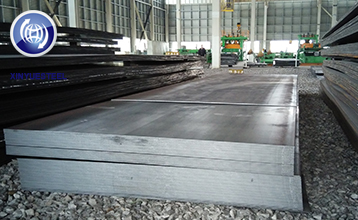Rebar social stocks go down
Jun. 18, 2020
Although the terminal demand for rebar has declined seasonally, the enthusiasm for catching up across the country has not been extinguished. Some urban construction sites have even started working continuously for 24 hours, and the demand is still relatively high. The apparent demand for rebar in the latest phase of data calculation is 4.158 million tons, which is still 15% higher than the same period last year. The overall demand is better than last year. At the same time, with the strong demand, terminal stocks have also continued to decline. As of June 12, rebar stocks in 35 cities across the country were 7.583 million tons, a decrease of 151,800 tons from the previous month, higher than 2.07 million tons in the same period last year.

In addition, although demand has fallen since June, but from January to May, special bonds were issued 3.2 trillion yuan in advance, higher than the 1.94 trillion yuan in the same period last year. At the same time, the new special debt in May reached a record 998 billion yuan, and financial support for high-rebar industries such as infrastructure construction remained high. Statistics from the Bureau of Statistics show that the total investment in infrastructure construction fell by 3.1% year-on-year from January to May. New special debt investment is still in the initial stage of investment, and the demand for rebar will remain high in the second half of the year. Although the recent large-scale rainfall across the country has had a certain negative impact on the short-term demand for rebar, in order to make up for the lack of demand in February-March, terminal rush work is expected to continue throughout the year, and mid-term demand is still expected.
In summary, rebar currently faces a weak supply and demand situation. Subject to the sharp rise in raw material prices, profits have shrunk. Although the current high-level rebar production hardly has room for upside, the impact of increased rainfall throughout the country has dampened demand in East and South China. However, judging from the investment scale of the special debt, terminal catch-up is expected to continue throughout the year, and the short-term demand decline will not change the high demand and high turnover opened in April. However, although the decline in demand will lead to pressure on steel prices, the continued increase in smelting costs and continuous destocking will continue to support steel prices, and the rebar downside is relatively limited.



